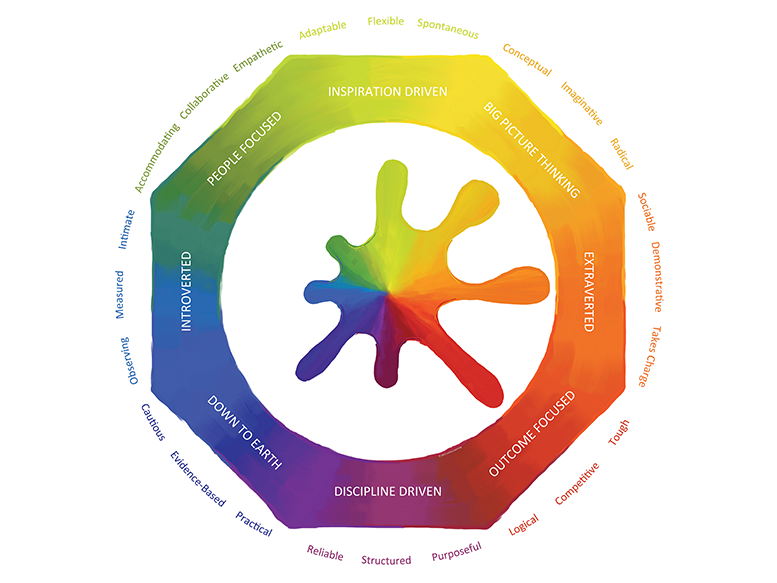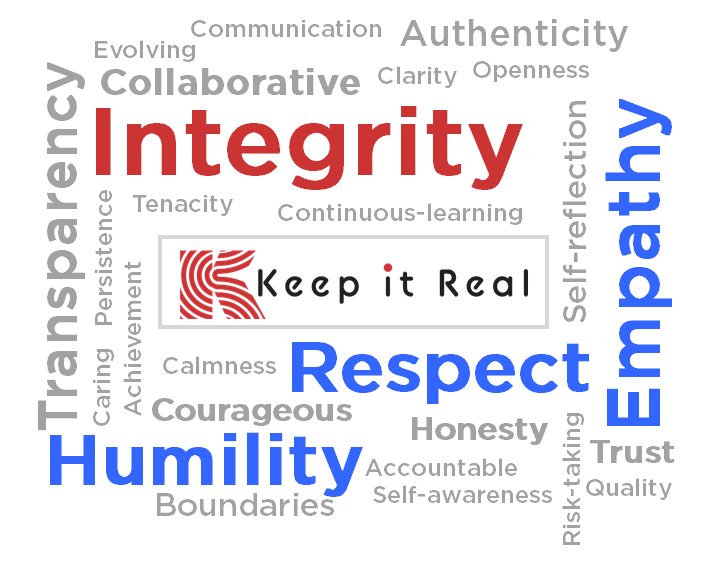Kudos to the companies that promote from within. Leveraging internal talent is a great way to keep employees engaged and to prevent a vast and valuable source of company knowledge from walking out the door.
Yet all too often employees are promoted internally to leadership roles without the benefit of the leadership training to help them succeed. This is critical. Especially for those employees who transition from coworker to team leader. Not only do they have to learn their new responsibilities as a people leader, they may have to deal with resentment from their former teammates who didn’t get the job.
Sound familiar? If this is something you’re experiencing, here are some tips.
Start by building trust. You may be following in the footsteps of someone everyone loved, in which case the expectation will be that things remain the same. Or you may be following someone who wasn’t popular (or got fired) and the expectation will be that things will change immediately. Give yourself some time to assess the team and get established in your new role before making any changes (or not!)
Meet one-on-one with each direct report. Spend the majority of your time listening – to their updates, their concerns, their ideas. Ask about specific areas where they need your support. Summarize what they’ve said so they know you were really listening. Keep it positive. Express a particular contribution that that individual makes to the team. Share how you want to lead. Ask about their career aspirations. Help them see you in a new light – as a leader, coach, visionary.
Hold an initial team meeting. Reintroduce yourself in your new role. Share your values, how you like to operate, and the best way to communicate with you. Convey confidence. Address ideas that came up in the one-on-one meetings (again, demonstrating that you were really listening). Enlist the team’s support in collaboratively creating guiding principles for how you will work together effectively.
Address any resentment – swiftly and privately. If you sense resentment from a team member, meet with them privately to discuss the issue. Acknowledge their feelings, and…be clear that you are counting on them to continue to be a contributor to the team effort. Mutually define the best way to work together effectively going forward.
Be prepared not to be liked by everyone. Your relationships have shifted. You are now in a position of writing a review for someone who may be a personal friend. Their lax attitude toward work may not have mattered when you were “buddies,” but it will definitely matter when you are responsible for the team. Just sayin’.
Be a leader more than a manager. It’s tempting to go overboard in “managing” at the beginning to differentiate yourself from the team. Don’t. You have the advantage of, having worked with them, knowing their strengths. Empower them to use those strengths. Let them know you are there to help when they need it. Coach them. Make sure every team member feels valued, connected, challenged and recognized.
And most of all, communicate, communicate, communicate!
Till next time,
Karen









